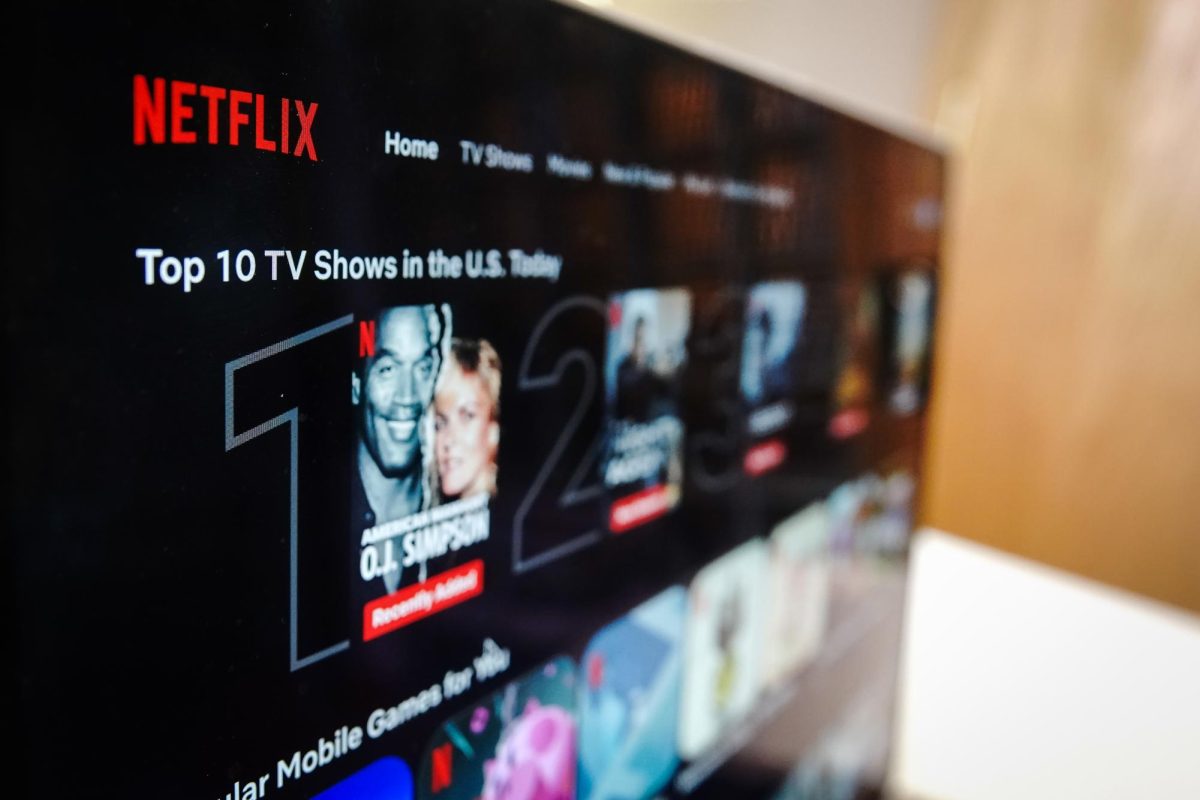It was spring break, and I, like any junior clueless to true responsibility, found no better way to spend my time than perusing the series and films represented by my eclectic collection of streaming services. This initially mundane search precipitated two meaningful experiences.
The first was watching the acclaimed film “The Dark Knight,” beloved by fans of superhero movies and of film in general. “The Dark Knight” was my first exposure to Christopher Nolan — who has since become one of my favorite filmmakers — and the directing, writing and performing that has given his work such renown.
More importantly, it showcased the value of heroism in a world that oftentimes seems surrounded by darkness.
The second experience was catching up on “Better Call Saul” just before its final season aired. Like countless others, I was a fan of “Breaking Bad” and wanted to watch its prequel series. To my surprise, I found it even more enjoyable than its predecessor. Its writers and directors expertly painted stories and characters as entertaining as they were tragic.
“Better Call Saul” opened my eyes not to a character who changes over time — like Walter White — but instead attempts to change and is weighed down by his flaws, peers and environment.
These two works remain incredibly meaningful to my development, experiences and passions and are evidence of how fictional media, like television and film, can impact human lives in powerful ways.
Television is typically serialized whereas film is self-contained. Television therefore tends to tell longer and more gradual narratives than film, which benefits from its shorter length and greater, on average, funding.
Many of my friends and peers prefer movies to television. I understand the appeal of cinema and by no means hope to undermine it, but I will always lean toward the realm of serialized works.
It isn’t as though I believe television series are inherently more meaningful than films, or that awful TV shows are somehow extinct. For me, “form” is the biggest issue at hand.
Television series’ greatest strength is that they have more time. Even as the length of an average season has decreased over time, the average TV show has more room to refine characters, create larger casts in an interconnected world and set up events of dramatic importance.
Indeed, consistency is key to meaning and impact. Audiences who watch the same characters on the screen once a week for half a year learn not just about the characters but how to live with them. They see snippets of their daily worries, successes and failures. Audiences can take the time to truly understand the figures that dominate a story and, as a result, become more emotionally invested.
Take “Severance” or “The White Lotus” as two recent examples. The showrunners of each series could easily create compelling movies if they wanted to. Yet they take advantage of the serialized medium to show how Mark Scout balances his work and “real” lives or how Kate, Laurie and Jaclyn’s lives change over the course of a seemingly innocuous trip.
TV series also have more time to develop characters and ensemble casts. Even TV’s side characters can have as much screen time as a film’s protagonist. “Severance,” for example, has received acclaim for how Helly R., Mr. Milchick, Ms. Casey and more have been brought to life by both their scripts and actors.
Television writers are by no means any “better” at telling stories than filmmakers. Rather, they have more time and opportunity to develop meaningful, complex narratives.
There are some common counterpoints to what I’ve said so far from those who prefer film. Television series typically have a smaller budget than films and rely on audience ratings and response. This can result in many shows being cancelled due to a lack of viewership instead of any inherent flaw. TV series are generally slower-paced than feature films and are more liable to become weaker or less consistently-written with time.
None of these arguments are necessarily untrue. Many TV series work around smaller budgets in innovative ways, and slower-paced narratives are well-appreciated when they tell meaningful stories.
The fear that declining interest in a TV show will pre-maturely halt or alter its production has been partially assuaged by the rise of streamed TV, which is often filmed in advance. Moreover, series like “The Wire” have defied the notion that shows are entirely beholden to audience perception, as it concluded maturely despite having a small viewer base.
Exemplary showrunners can maintain the quality of their work with time or otherwise recognize a proper place to conclude — “Breaking Bad” or “The Sopranos” may still be running today had the writers decided otherwise.
Ultimately, though, TV series tend to be more powerful thanks to their longer narratives, large casts and consistent story beats. Some may prefer the condensed format of a film. Regardless of one’s preference, though, it is worthwhile to explore the worlds of both movies and television and to think about why they differ thanks to their unique forms.




